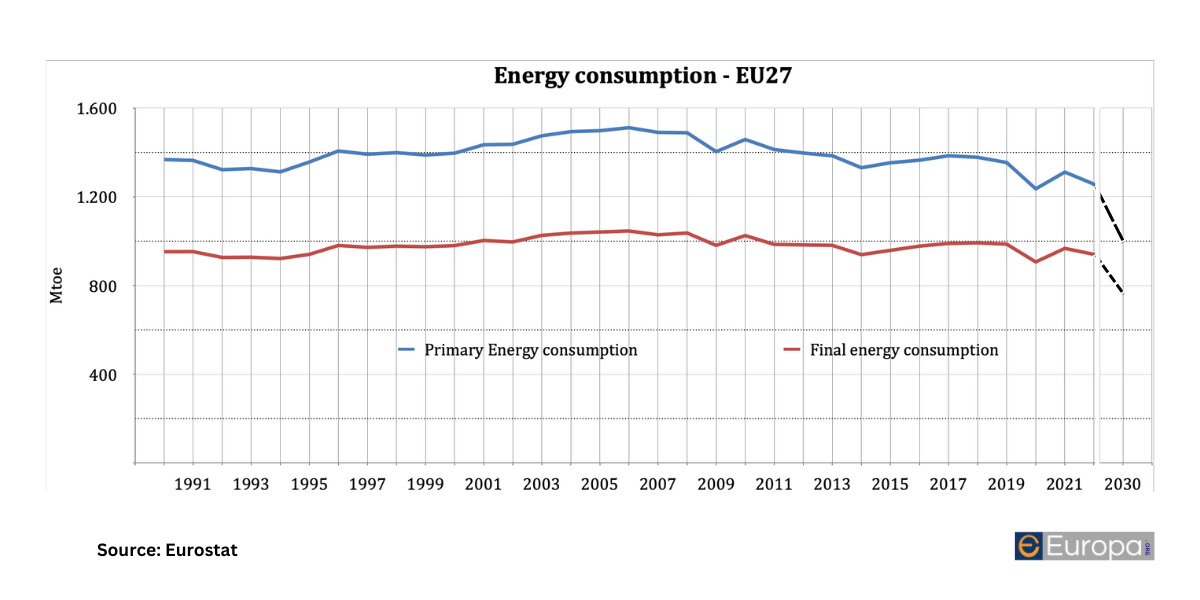Energy Efficiency Targets
The European Union has set a robust goal to decrease its final energy consumption by at least 11.7% by 2030, relative to projected energy use. This target is pivotal for advancing Europe's energy transition, underscoring the importance of energy efficiency as a multifaceted tool that not only reduces energy bills and environmental impact but also enhances quality of life, decreases dependency on imported fuels, and fosters economic growth within the EU.
Improving energy efficiency across the entire energy supply chain, from production to end-use, is essential for unlocking these benefits. The EU's strategy emphasizes sectors with high energy-saving potential, including industry, public services, construction and renovation of buildings, transportation, and energy supply, alongside the adoption of a unified energy labelling system to facilitate these improvements.
The commitment to energy efficiency is seen as a long-term investment into the well-being of its citizens, the competitiveness of its businesses, and the health of the environment.
However, it's crucial to ensure that the economic benefits derived from energy savings surpass the costs related to implementing renovations and efficiency measures. This balanced approach aims to sustainably reduce energy consumption while supporting the EU's broader goals of environmental sustainability and economic resilience.
Improving energy efficiency across the entire energy supply chain, from production to end-use, is essential for unlocking these benefits. The EU's strategy emphasizes sectors with high energy-saving potential, including industry, public services, construction and renovation of buildings, transportation, and energy supply, alongside the adoption of a unified energy labelling system to facilitate these improvements.
The commitment to energy efficiency is seen as a long-term investment into the well-being of its citizens, the competitiveness of its businesses, and the health of the environment.
However, it's crucial to ensure that the economic benefits derived from energy savings surpass the costs related to implementing renovations and efficiency measures. This balanced approach aims to sustainably reduce energy consumption while supporting the EU's broader goals of environmental sustainability and economic resilience.



